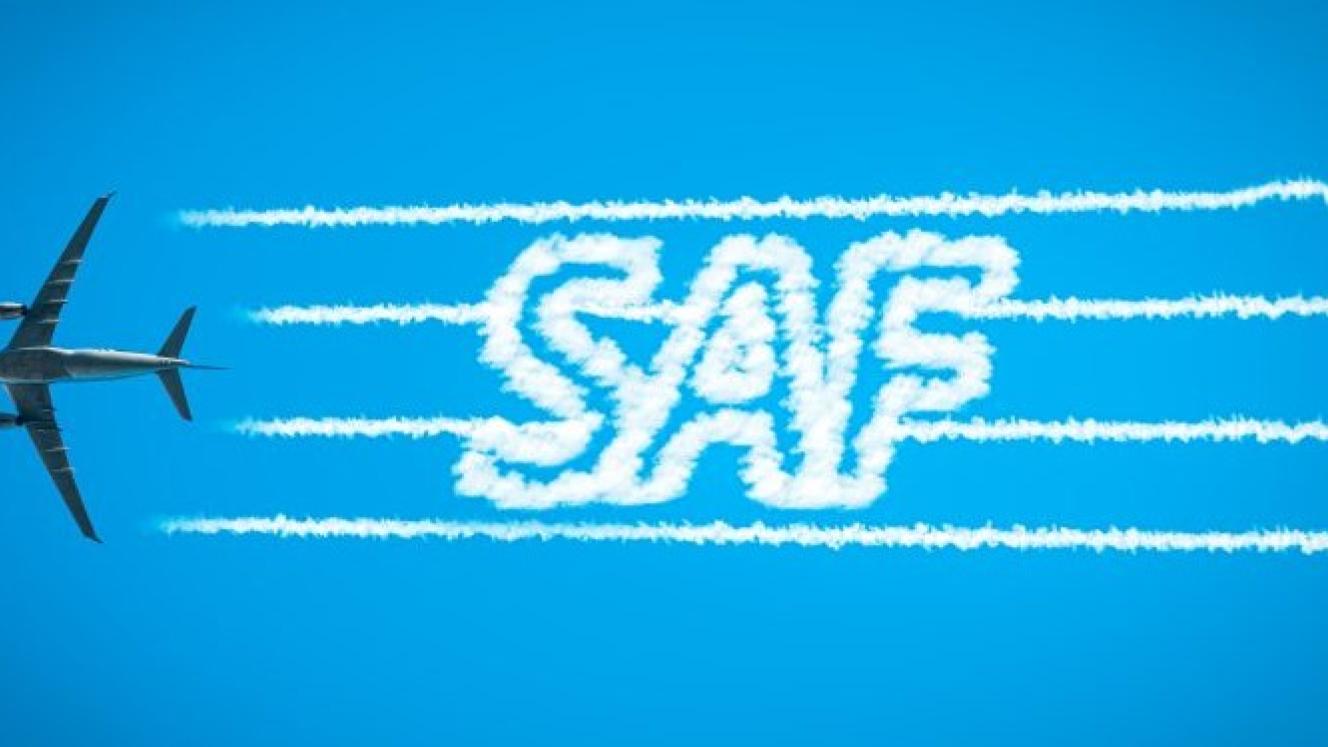As the aviation industry pushes for sustainable fuel alternatives, sugarcane waste is emerging as a potential feedstock for Sustainable Aviation Fuel (SAF). This could present a major economic opportunity to South Africa as a country with a well-established sugar industry. However, continuing with the controversial Health Promotion Levy, commonly known as the sugar tax, could put paid to industry efforts to find alternative markets for locally produced sugarcane.
This warning comes from SA Canegrowers, an industry body representing 24 000 small-scale and 1 200 large-scale sugarcane growers, who have written to Finance Minister, Enoch Godongwana asking him to scrap the sugar tax altogether.
Industry-funded research from 2021 estimated that by diverting 50% of the 19 million tonnes of sugar cane produced by growers annually towards ethanol production, South Africa could produce about 700 million litres of ethanol a year for local or international biofuel markets, which could then be converted into 433 million litres of sustainable fuel for the aviation industry.
This amount of fuel could power almost 34 000 return flights between Cape Town and Johannesburg on the Boeing 737-800.
“The sugar tax puts excessive pressure on sugarcane growers, in an already challenging environment,” said Dr Thomas Funke, CEO of SA Canegrowers. “Should sugarcane growers leave the industry, the viability of alternative projects such as biofuels and sustainable aviation fuel is threatened as these projects rely on a stable supply of sugarcane as a feedstock.”
“The government also promised to commission an economic impact study of the tax, which is still outstanding,” said Funke, who pointed out that the tax was based on a single academic modelling study – with no real-world evidence to support it.













